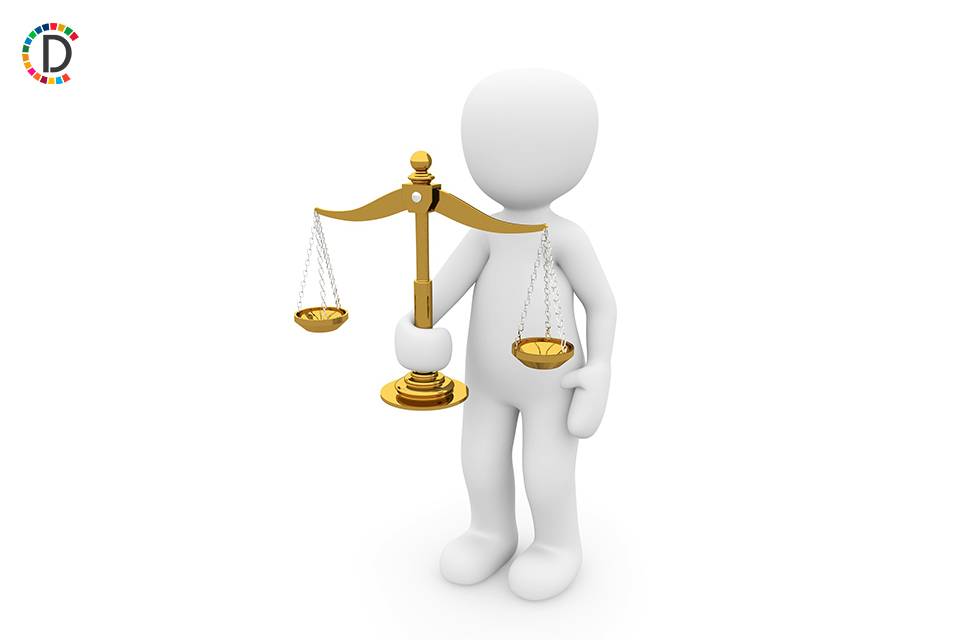Colombia truth commission to publish report on more than half-century of conflict
Colombia's truth commission will publish its long-awaited report into the Andean country's internal armed conflict on Tuesday, shedding light on atrocities committed during almost 60 years of fighting. The commission was established as part of a 2016 peace agreement between the Colombian government and the now-demobilized Revolutionary Armed Forces of Colombia (FARC) rebel group, which ended the guerrillas' role in the conflict.

Colombia's truth commission will publish its long-awaited report into the Andean country's internal armed conflict on Tuesday, shedding light on atrocities committed during almost 60 years of fighting.
The commission was established as part of a 2016 peace agreement between the Colombian government and the now-demobilized Revolutionary Armed Forces of Colombia (FARC) rebel group, which ended the guerrillas' role in the conflict. The peace deal ended FARC's role in the conflict - which has left some 260,000 dead and millions displaced - but fighting continues across much of Colombia between remaining rebels, the National Liberation Army (ELN) and FARC fighters who reject the accord, as well as crime gangs and the military.
The commission was given three years to investigate the truth of what happened during the armed conflict, shed light on crimes committed during fighting and offer a broad explanation of how atrocities came to pass. The report includes long hours of testimony at private and public hearings, where perpetrators and victims alike spoke in often excruciating detail, usually seated in the same room during the emotional recounting of events.
Former top FARC leaders, former Colombian presidents and far-right paramilitary group commanders have testified before the commission. Members of the Andean country's armed forces have also given their history of events, as have conflict victims, members of the business community and a host of other actors who were directly or indirectly connected to the conflict.
Rural communities provided the greatest amount of testimony, followed by Afro-Colombian and indigenous communities, the commission has said. The report is an exhaustive effort to discover the truth about the conflict, said Juan Pappier, a senior investigator for advocacy group Human Rights Watch's (HRW) Americas division.
"Colombia must take advantage of this historic opportunity to honor victims and establish a roadmap to stop violence," Pappier wrote on Twitter.
(This story has not been edited by Devdiscourse staff and is auto-generated from a syndicated feed.)










